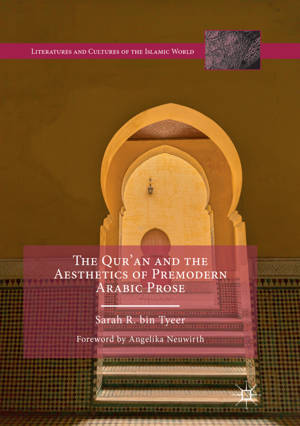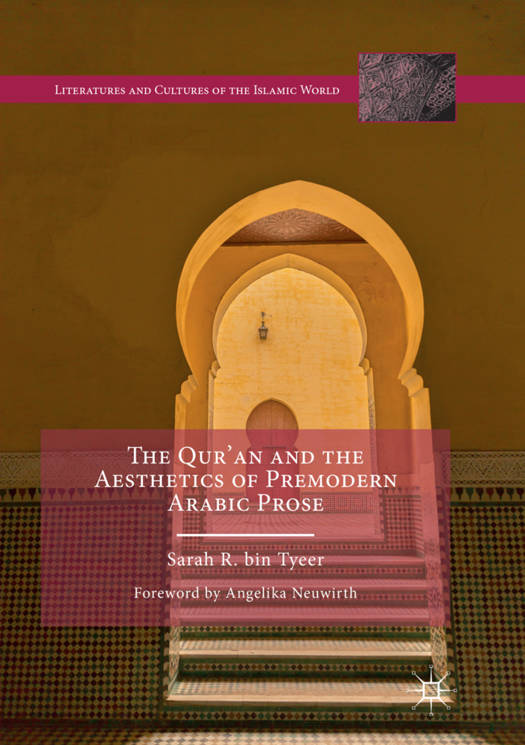
Onze Vivlio e-readers ondervinden momenteel synchronisatieproblemen. We doen er alles aan om dit zo snel mogelijk op te lossen. Onze excuses voor het ongemak!
- Afhalen na 1 uur in een winkel met voorraad
- Gratis thuislevering in België vanaf € 30
- Ruim aanbod met 7 miljoen producten
Onze Vivlio e-readers ondervinden momenteel synchronisatieproblemen. We doen er alles aan om dit zo snel mogelijk op te lossen. Onze excuses voor het ongemak!
- Afhalen na 1 uur in een winkel met voorraad
- Gratis thuislevering in België vanaf € 30
- Ruim aanbod met 7 miljoen producten
Zoeken
Omschrijving
This book approaches the Qur'an as a primary source for delineating the definition of ugliness, and by extension beauty, and in turn establishing meaningful tools and terms for literary criticism within the discipline of classical Arabic literature (adab). Focusing on the aesthetic dimension of the Qur'an, this methodology opens up new horizons for reading adab by reading the tradition from within the tradition and thereby examining issues of "decontextualisation" and the "untranslatable." This approach, in turn, invites Comparatists, as well as Arabists, to consider other means and perspectives for approaching adab besides the Bakhtinian carnival. Applying this critical strategy to literary works as diverse as One Thousand and One Nights and The Epistle of Forgiveness, Sarah R. bin Tyeer aims to prove two major points: how Bakhtin's aesthetics is anachronistic and therefore theoretically inappropriate when applied to certain literary works and how ultimately this literary methodology is sometimes used as a proxy for ungrounded and, sometimes, unfair arguments by other scholars. Foreword by Angelika Neuwirth, Professor of Quranic studies, Freie University, Berlin, Germany.
Specificaties
Betrokkenen
- Auteur(s):
- Uitgeverij:
Inhoud
- Aantal bladzijden:
- 306
- Taal:
- Engels
- Reeks:
Eigenschappen
- Productcode (EAN):
- 9781349956012
- Verschijningsdatum:
- 27/06/2018
- Uitvoering:
- Paperback
- Formaat:
- Trade paperback (VS)
- Afmetingen:
- 148 mm x 210 mm
- Gewicht:
- 385 g

Alleen bij Standaard Boekhandel
+ 97 punten op je klantenkaart van Standaard Boekhandel
Beoordelingen
We publiceren alleen reviews die voldoen aan de voorwaarden voor reviews. Bekijk onze voorwaarden voor reviews.











